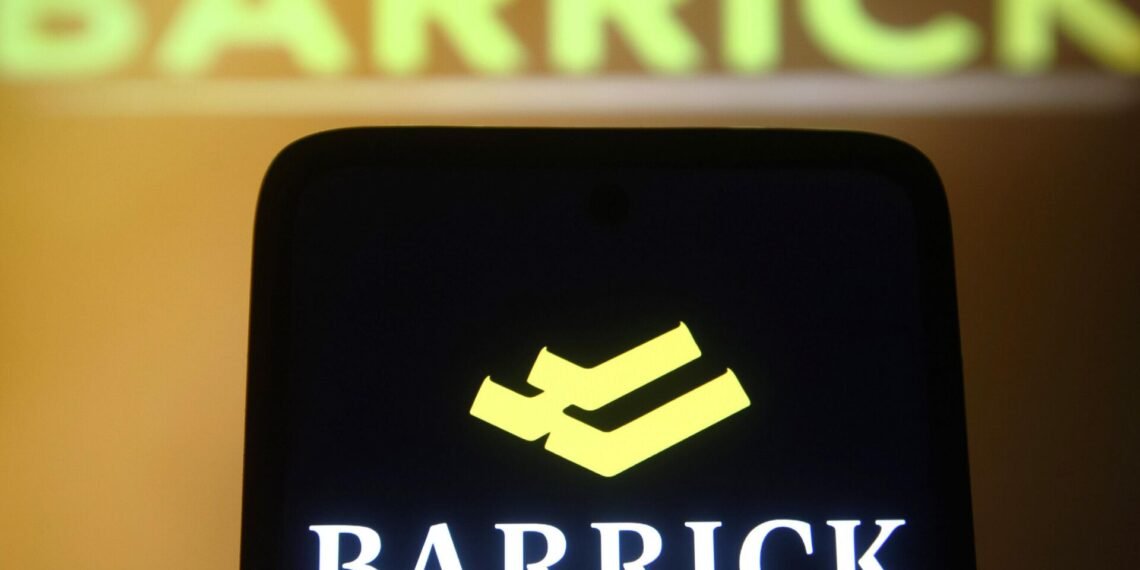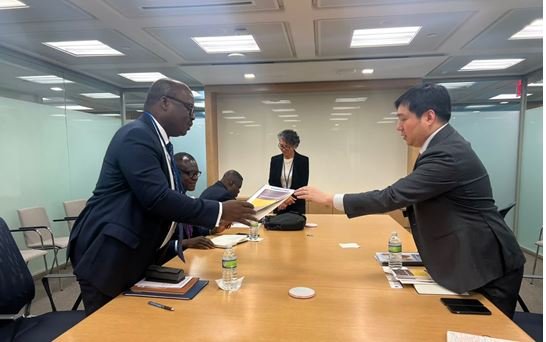In a dramatic escalation of its long-running dispute with Barrick Mining Corp., a Malian commercial court has ordered the Canadian company’s Loulo-Gounkoto gold complex to be placed under provisional state administration for six months.
This ruling temporarily hands control of one of Africa’s largest and most productive gold mines to a state-appointed administrator, intensifying a conflict that has already crippled operations for months.
The verdict comes after Malian authorities closed Barrick’s offices in the capital, Bamako, and threatened to nationalize the mine unless it resumed operations and settled outstanding tax obligations. In response to this pressure, the court appointed Soumana Makadji, a former health minister and an experienced accountant, to oversee the complex.
Judge Issa Aguibou Diallo of the Tribunal de Commerce confirmed the move, marking a significant shift in Mali’s approach toward foreign investment and resource control. The news sent ripples through global markets, with Barrick’s stock dipping by 0.8% in early afternoon trading on the New York Stock Exchange.
The Malian military-led government has defended the intervention as necessary to safeguard the country’s economic interests and ensure operational continuity at the flagship site. However, Barrick sharply condemned the ruling, calling it both “unlawful” and “a violation of its contractual rights.”
“While the company has made a number of good-faith concessions in the spirit of partnership, it cannot accept terms that would compromise the legal integrity or long-term viability of the operations.”
Barrick Mining Corp.
In a move to challenge the ruling, Barrick has taken the dispute to the World Bank’s arbitration tribunal, seeking an international remedy against what it sees as unlawful expropriation.

Six-Month State Management Begins In Dispute
The case has drawn concern from financial analysts, with Royal Bank of Canada’s Josh Wolfson warning that the court’s decision represents “the worst-case outcome for Barrick.” In his assessment note, Wolfson added, “It is most appropriate to assume zero go-forward production for Barrick, while some partial value recovery could be possible through a protracted arbitration process on a longer-dated basis.”
Barrick initially suspended operations at Loulo-Gounkoto in January after Malian officials halted gold exports amid a bitter standoff over unpaid taxes and royalty fees.
Despite a February agreement aimed at resolving the dispute and restarting the mine, the government has reportedly failed to implement the agreed-upon terms. Meanwhile, exports from the site have remained frozen since November.
The Malian government, citing new legislation, is also pushing for an expanded ownership stake in the mine and increased royalties. It has already seized three tons of gold and detained four Barrick employees during the escalating confrontation.
The significance of the Loulo-Gounkoto complex to both Mali and Barrick cannot be overstated. In 2022, it produced 684,000 ounces of gold, and in 2023 that number climbed to 723,000 ounces, contributing approximately 15% of Barrick’s total gold output. Financially, it pumped $1 billion into Mali’s economy in 2024 alone and generated $949 million for Barrick in the first nine months of the same year.
Its processing plant currently handles about 5 million tonnes annually, with plans to increase capacity to 6.2 million tonnes by 2029. The six-month court-ordered administration not only threatens these expansion plans but also casts uncertainty over future foreign investment in Mali’s mining sector.
As of now, there has been no official response from Mali’s legal counsel regarding Barrick’s appeal. The outcome of this legal and diplomatic standoff could reshape the landscape for multinational mining companies operating in resource-rich but politically volatile regions.
READ ALSO: Ghana Assures Citizens’ Safety Amid Israel-Iran Conflict



















